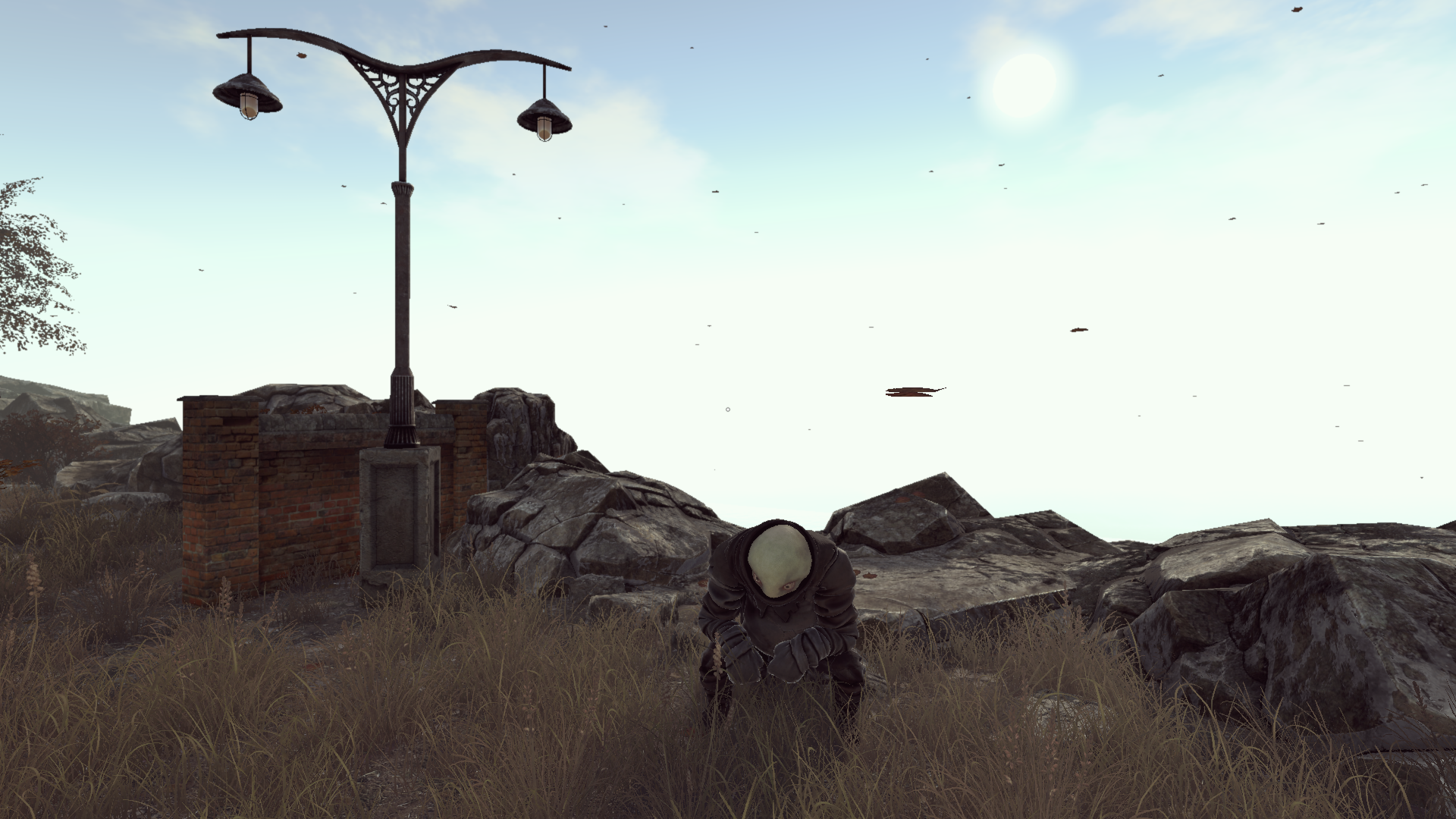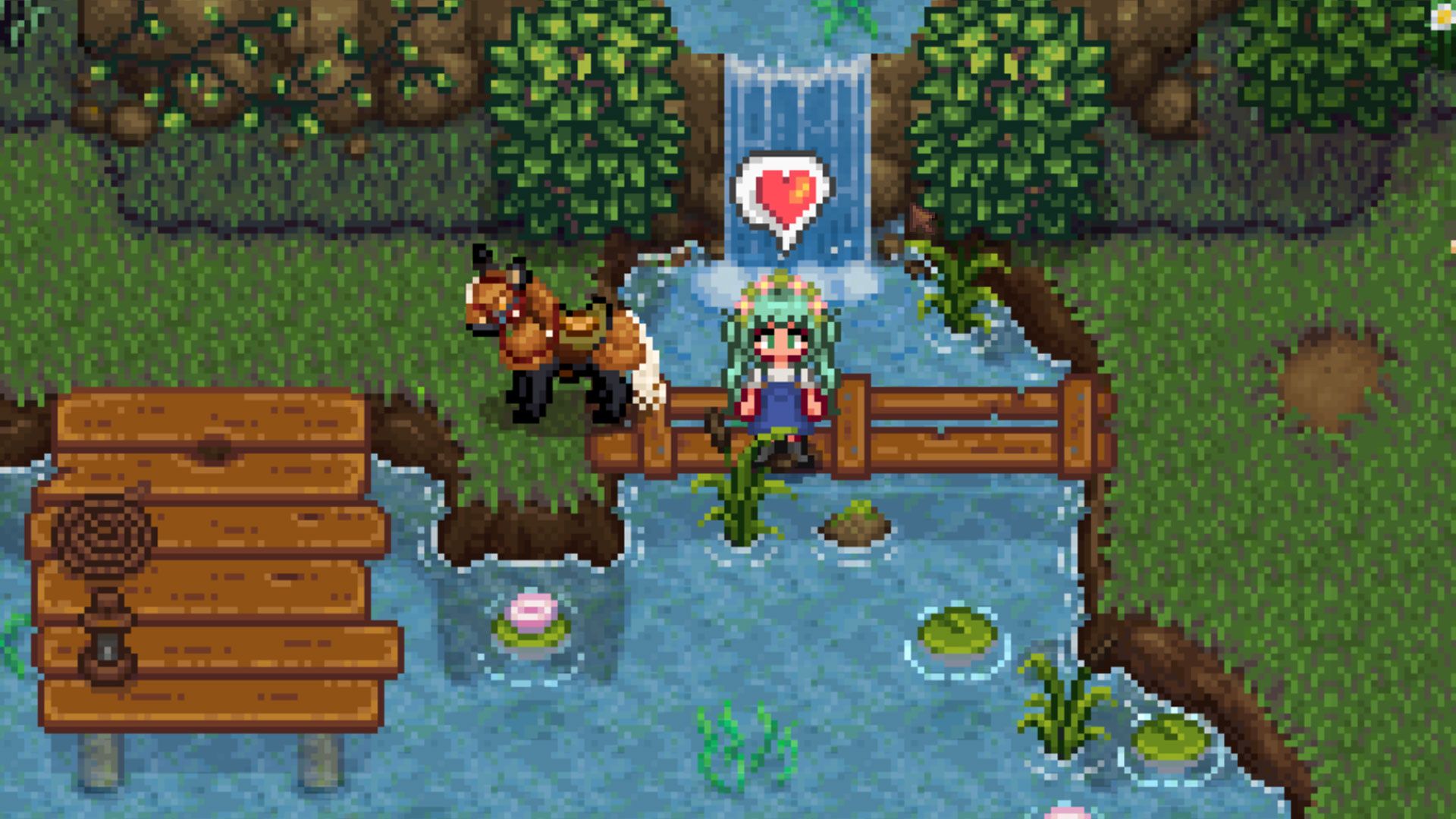We’re digging into the PC Gamer magazine archives to publish pieces from years gone by. This article was originally published in PC Gamer issue 214, June 2010.
In the past, I’ve described Pathologic as:
- (1) “An errant hypodermic needle thrown into a children’s ball pit.”
- (2) “A Nick Cave ballad brought to unlife in hideous 3D.”
- (3) “The single best game you’ve never played.”
Following this weapons-grade hyperbole, imagine my surprise on returning to find it’s even better than I remembered.
In case you don’t remember Pathologic at all, it’s an epic arthouse open-world game made by Moscow-based developers Ice-Pick Lodge. Before you even reach the character selection screen, you get a theatre performance of your three options bickering about which of them is best suited to defeat the coming crisis. Anyone unfazed by this will at least raise an eyebrow at the choices themselves: Bachelor, Haruspicus, or Devotress. Which roughly translate as doctor, shaman, or shackled messiah.
Your enemy in Pathologic isn’t a villain, but a disease. You arrive at a hick Russian town the day plague breaks out. It’s your job to fight it and keep the terrified community from imploding into violence as time runs out and the death toll spirals into the thousands. There’s lots of first-person combat too, but it’s a sad essential rather than anything exciting.
Reinstall
Reinstall invites you to join us in revisiting PC gaming days gone by. This time, Quintin Smith compares Pathologic to driving home for Christmas.
Instead, heroism in Pathologic is found in conversations, or jogging across town with a bucket of blood samples in one hand and a revolver in the other while stifling the groan that’s been swelling inside you for days like a slow-motion explosion. Actually, heroism is playing Pathologic at all—the game is a tinny, shivering nightmare, unpleasant in almost every respect. Its ambition and atmosphere make it the easiest game to praise, but the hardest to enjoy. Or recommend.
And yet returning to it after all these years to play as a different character isn’t the grotty, punishing affair I was expecting. Instead, it’s like driving home to the Midlands for Christmas. Distance and time have let me get over everything that used to annoy me, and I now know how to make life easy for myself.
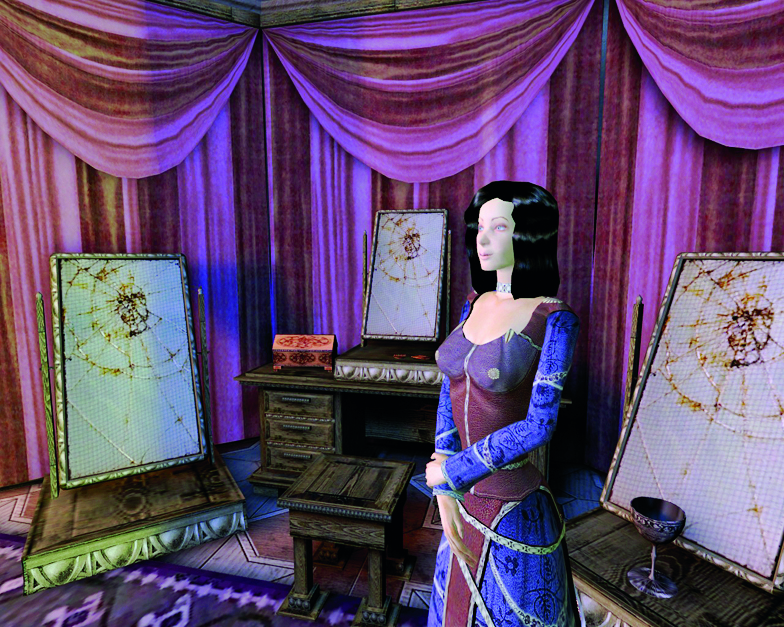
On day one I’m raiding bins and collecting bottles before the infection has even broken out (this is the game, not Christmas), because I know I can fill those bottles with water and flog them to hungover drunks for a profit. By day two I own enough canned veg to last me a week. On day three I go about town finding kids and swapping exciting cutthroat razors for mummy and daddy’s pills and ammo.
This is one of the most ambitious, unflinchingly adult games ever made
I don’t just play the black market. I am the black market. And now I’m free to spend more time thinking about Pathologic’s immense scaffolding of messages and imagery.
My favourite thing about this game is how it combines the surreal and the hyper-real. On the one hand, it thrills in introducing you to a cast of characters who all share the trait of having their humanity unbelievability amplified, so their flaws and dogmas leak into every line of dialogue they speak. Similarly, children are not just commonplace, they’re practically an infestation. And then there’s your need to eat, sleep and stay disease-free.
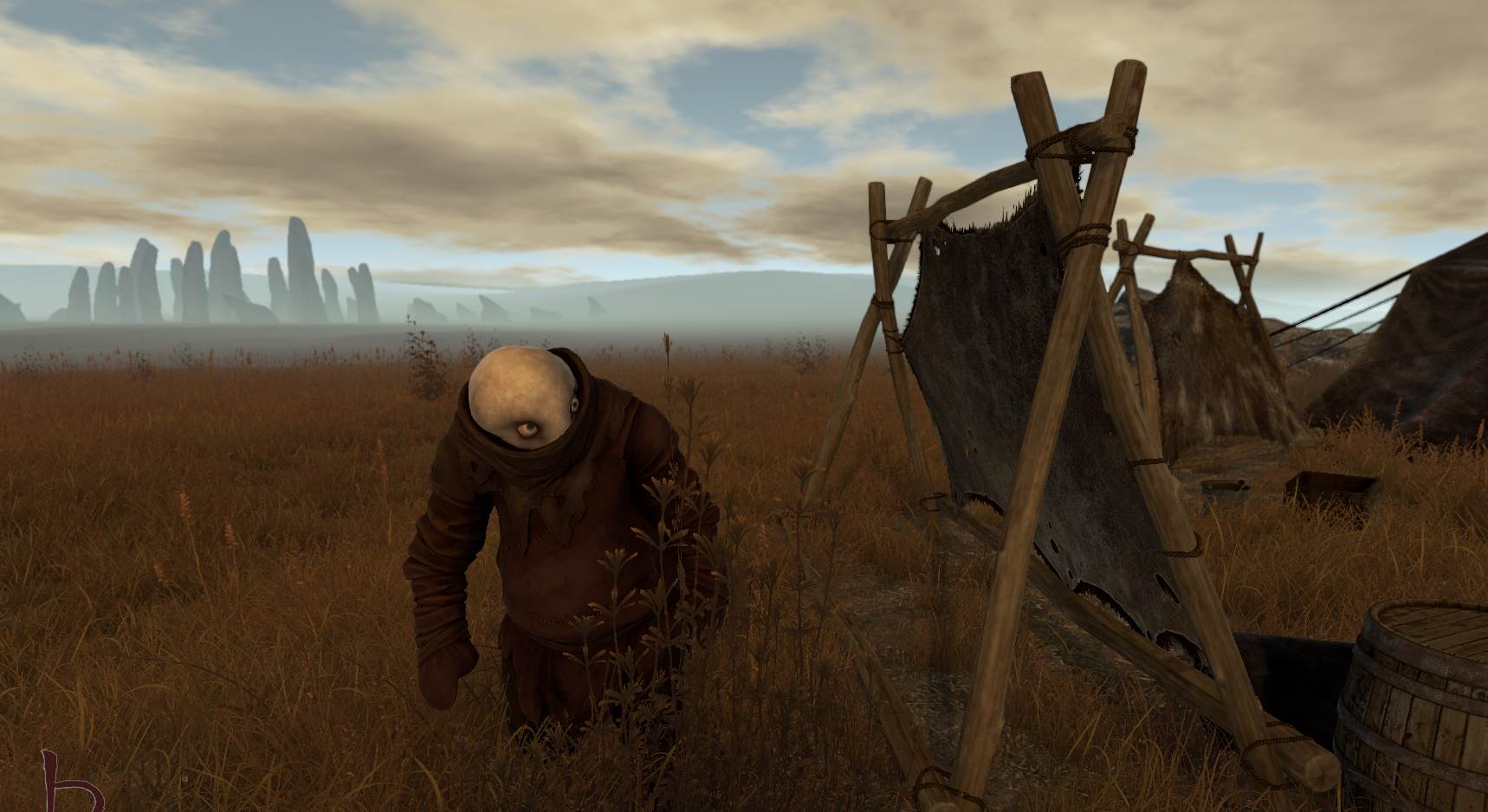
In these ways, the game makes you take it seriously as a portrait, which means it’s all the more unsettling when the game casually inserts something that’s hopelessly screwed up even by videogame standards.
Like The Polyhedron, an Escher-looking structure on the edge of town where the children hide, and where it’s rumoured that anything you create comes true. Or the time you lower yourself down a well and find yourself in blood-stained tunnels and hear the beating of a distant heart. Or when you find out the town disposes of its dead through the windows of the insane asylum. Or so, so many other things.
Diagnosis
Which brings me to the other great part of a repeat playthrough of Pathologic. It makes more sense! Or as much sense as a badly translated art game about a metaphysical infection can make, anyway.
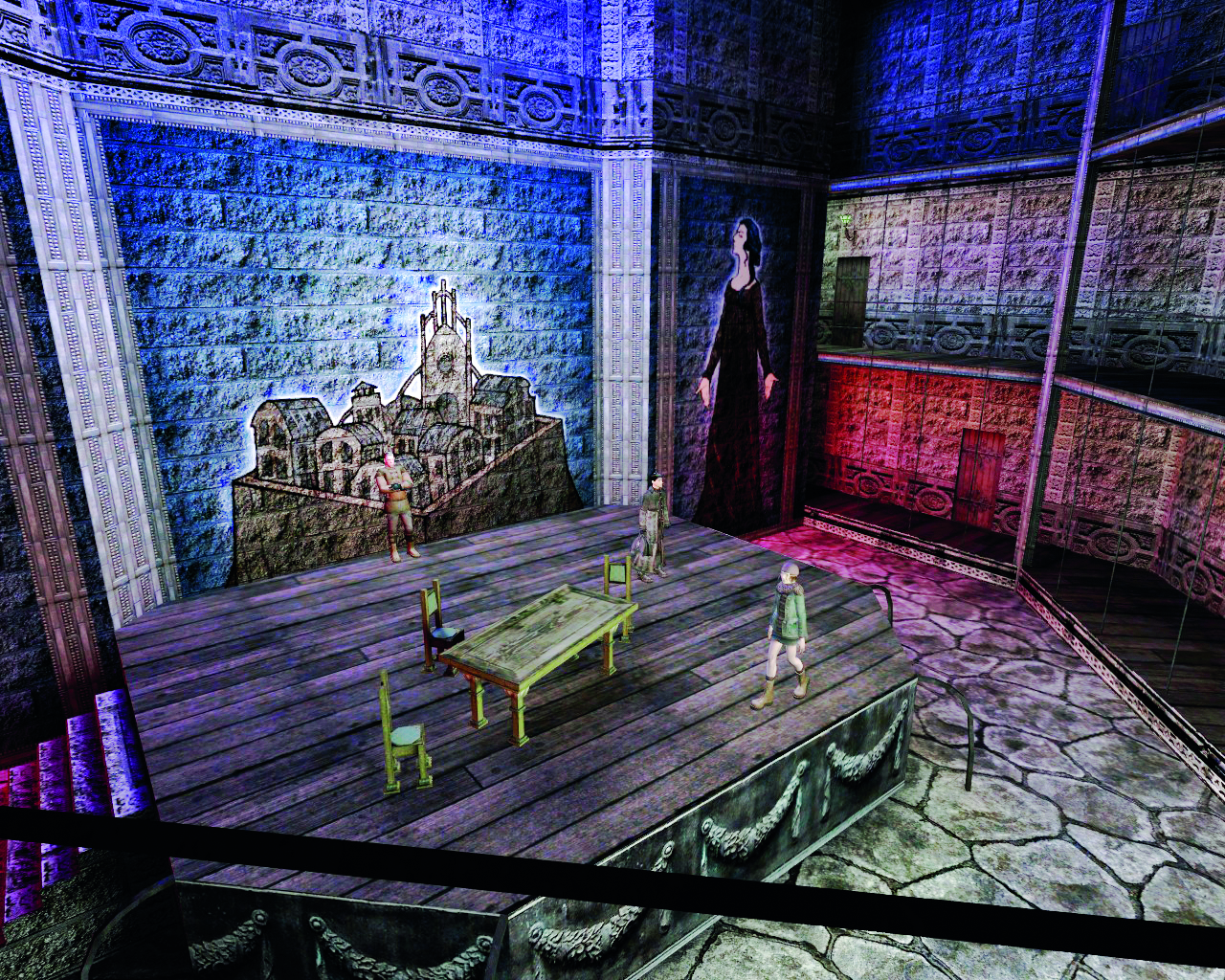
On your first runthrough, huge tracts of the plot go ignored or unexplained, because whichever character you chose gets their own unique series of quests and conversations. Returning, not only do you get to play a very different game with a very different protagonist, you get a more rounded picture of the town’s inhabitants. Mysteries like your first character’s abrupt betrayal on day six or the disgusting Rat Prophet on day eight are explained, and the game starts feeling less like some ongoing narrative crime.
Town watch
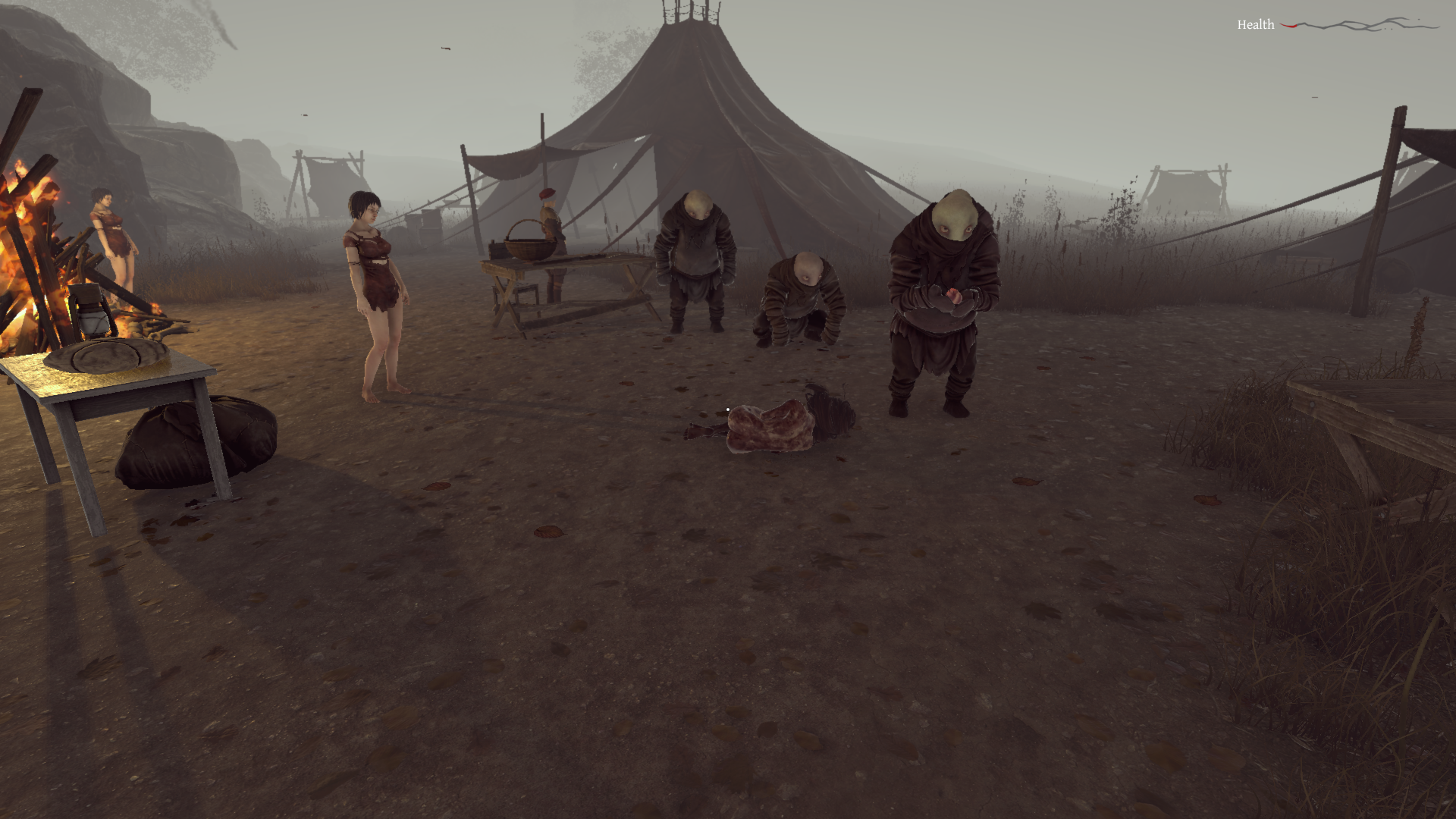
One of Pathologic’s more overlooked ideas is how it deals with your environment. Instead of politely introducing new areas one by one, it makes 90% of the town free to explore from the start and then gradually warps it as various factions or disasters take hold. The result is a wicked, claustrophobic sense of place. More games need to pick up on this—as a player, being given time to become emotionally attached to an area is enjoyable, and any subsequent reshaping of a familiar area can be a powerful device.
It’s not just the plot that makes more sense. I’m also getting more out of this game as the piece of art it’s so transparently trying to be. I know a little more about where the plague comes from, why the town was designed the way it was, why certain factions are hunted and some are feared.
A whole new game is opening up. Before, I was playing for the surface elements. The characters, the plot twists and the grisly resolution. Now I’m seeing the story from another character’s eyes, piecing together history, feverishly working at the symbolism of meat, children, creativity, insanity, the drugged architect, the blood-hungry hunchback, the mother bull, the frozen general, the imperfect circle of the hangman’s noose.
Maybe Pathologic isn’t so hard to recommend after all. It’s cheap now from both Steam (opens in new tab) and GOG (opens in new tab), and if you get 20% of what I’ve gotten from it then you won’t regret your purchase. This is one of the most ambitious, unflinchingly adult games ever made, hampered only by a translation that makes the dialogue even more abstract than it’s meant to be. Pathologic might not end up earning a place in your heart. But it has earned a place in your games collection.

